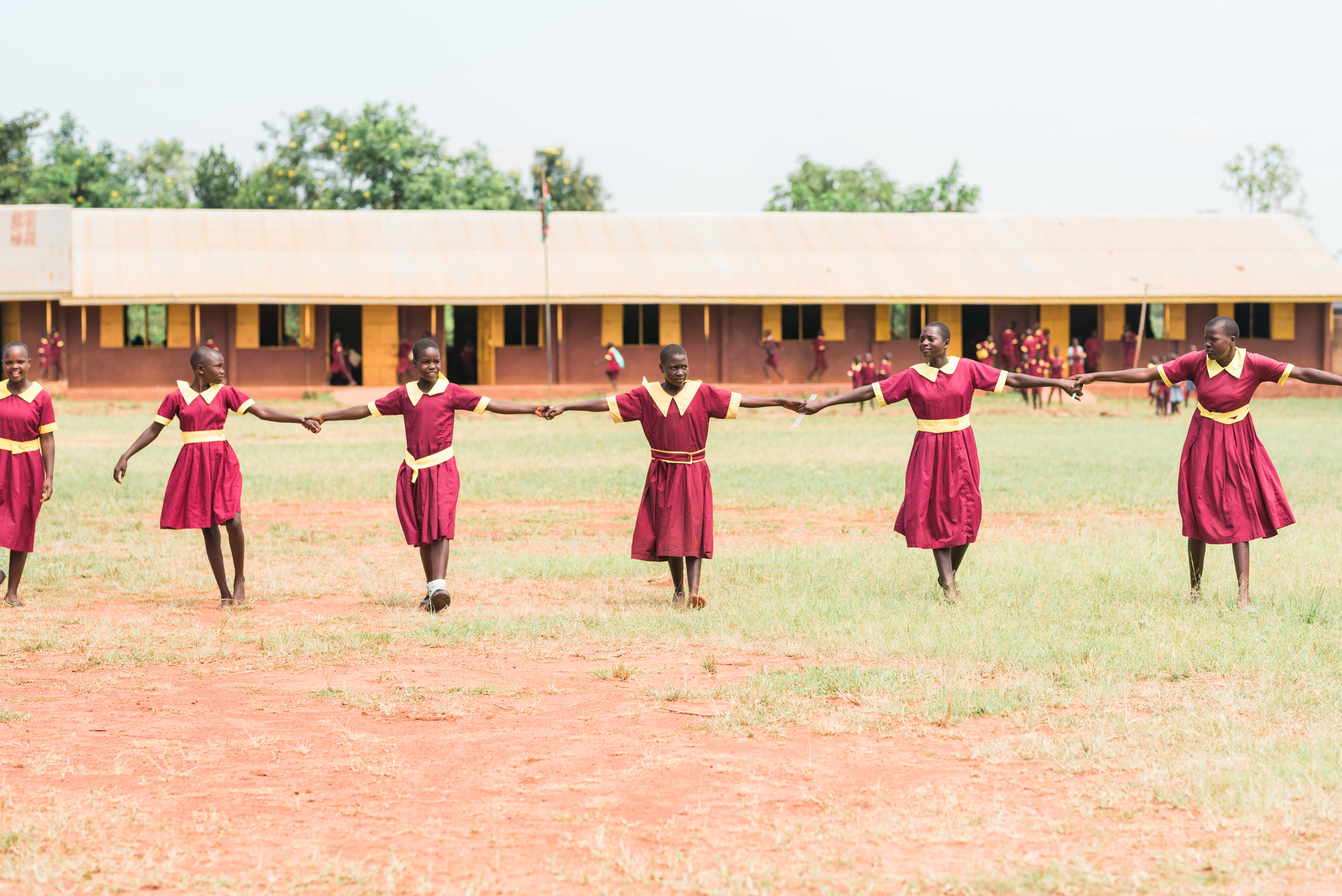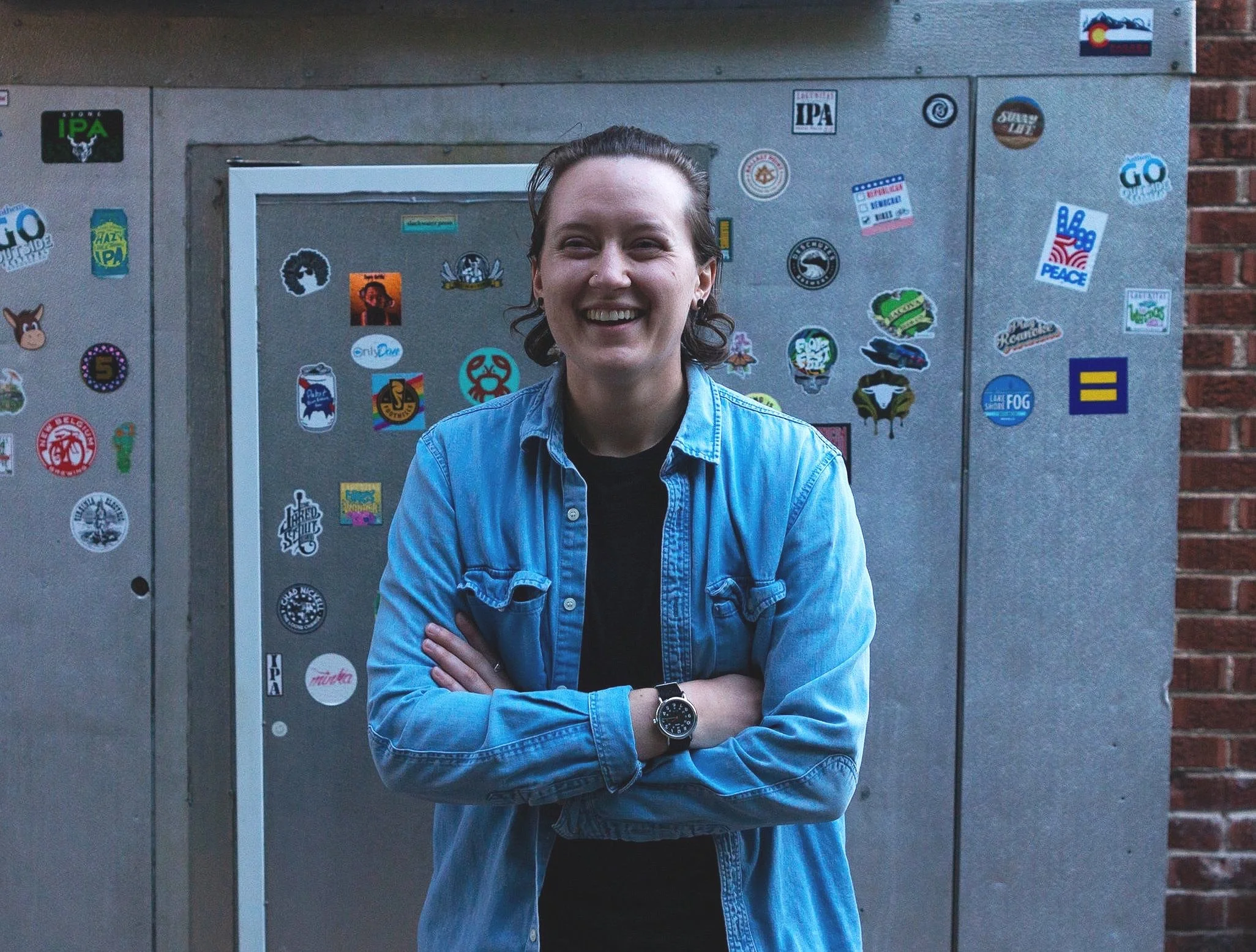Photo by Arielle Gallione
Words by Darshel Diaz
Menstruation is often the cause of shame for many women and girls, forced to keep silent about their periods for a number of reasons. In some countries, the taboo around periods continues to cost girls their education and has a tremendous impact on their health.
In Kenya, approximately 65 percent of women and girls are unable to afford sanitary pads. Instead, they use cloth, cow dung and leaves, which can lead to severe health complications. The alternative is to stay home and miss school or work.
Most devastatingly, girls are also subject to sexual exploitation which can lead to unplanned pregnancies and sexually transmitted diseases such as HIV/AIDS. All of which increase their risk of dropping out of school and becoming child brides.
Photos by Arielle Gallione
Like most countries, Kenya does not subsidize pads or tampons, but in an effort to keep girls safe, local NGOs are developing programs to provide free products to the most vulnerable women. Fountain Youth Initiative (FYI) is a non-profit organization that works alongside communities in Nairobi and within the rural areas of Busia County to do just that.
Josephat Oundo Bwire had a challenging childhood. Growing up in Githurai, his family lived in extreme poverty. “I really desired to transform the lives of orphans and vulnerable children, but there was no platform and thus I created the platform for myself and like-minded people.”
That tenacious spirit led to the formation of the FYI. The organization was established as a way to empower, nurture, and transform orphans and marginalized youths into self-reliant and independent members of their community by providing them access to education. Many of the families that FYI work with are living off one dollar a day, which makes buying sanitary pads for their daughters virtually impossible.
Photos by Arielle Gallione
FYI’s Reproductive and Development Health Project provides sanitary pads and facilitates mentorship sessions for over 1,200 girls each year. Through this project they are able to attend school year-round, improving their academics and strengthening their self-esteem while curbing the school dropout and illiteracy rate.
Madame Petronillar is a teacher at Namboboto Girls Primary School. She has been a teacher for over twenty years, and says she’s noticed a significant difference over the past four years that FYI has been working at Namboboto. "The girls' academic performance has improved, their attendance during their periods has improved, and the children continue to excel when supplied with uniforms and school supplies,” she said. "If the project continues, the girls will continue to succeed."
Rose Achiengi is one of these girls. "Since I started receiving support of sanitary pads from FYI, my life has changed since I don't miss school, understand changes in my body and have improved my academic performance," said the 6th grader.
Photos by Arielle Gallione
For the staff at FYI, access to menstrual pads is just the beginning. The Entrepreneurship program was created to provide women and girls with the skills needed to generate a sustainable source of income for themselves. The One Chicken One Girl initiative uses the money obtained from selling eggs to purchase sanitary pads, with the remainder going back into the program. The Grandmother Pig Revolving Project offers economic support to grandmothers living in rural areas who are often taking care of young children. FYI provides training to teach the women how to raise, care for, and breed pigs, after which they are given two female pigs. Once the pigs give birth, they donate the piglets back to the project who are then given to other grandmothers.
By distributing basic health supplies, and providing access to skills and education to increase self-sustainable income, FYI is able to promote long-term change for these girls and their families, shattering stigma and barriers.
“The work that FYI is doing is inspiring; they are giving girls the tools they need to succeed in the future whether that is going into education or the arts or something they previously thought they could not do because of their gender or where they come from,” said photographer Arielle Gallione.
Photo by Arielle Gallione
Click here to support FYI’s education programs.
This article was first published in PWB Magazine #12, on sale now.




















